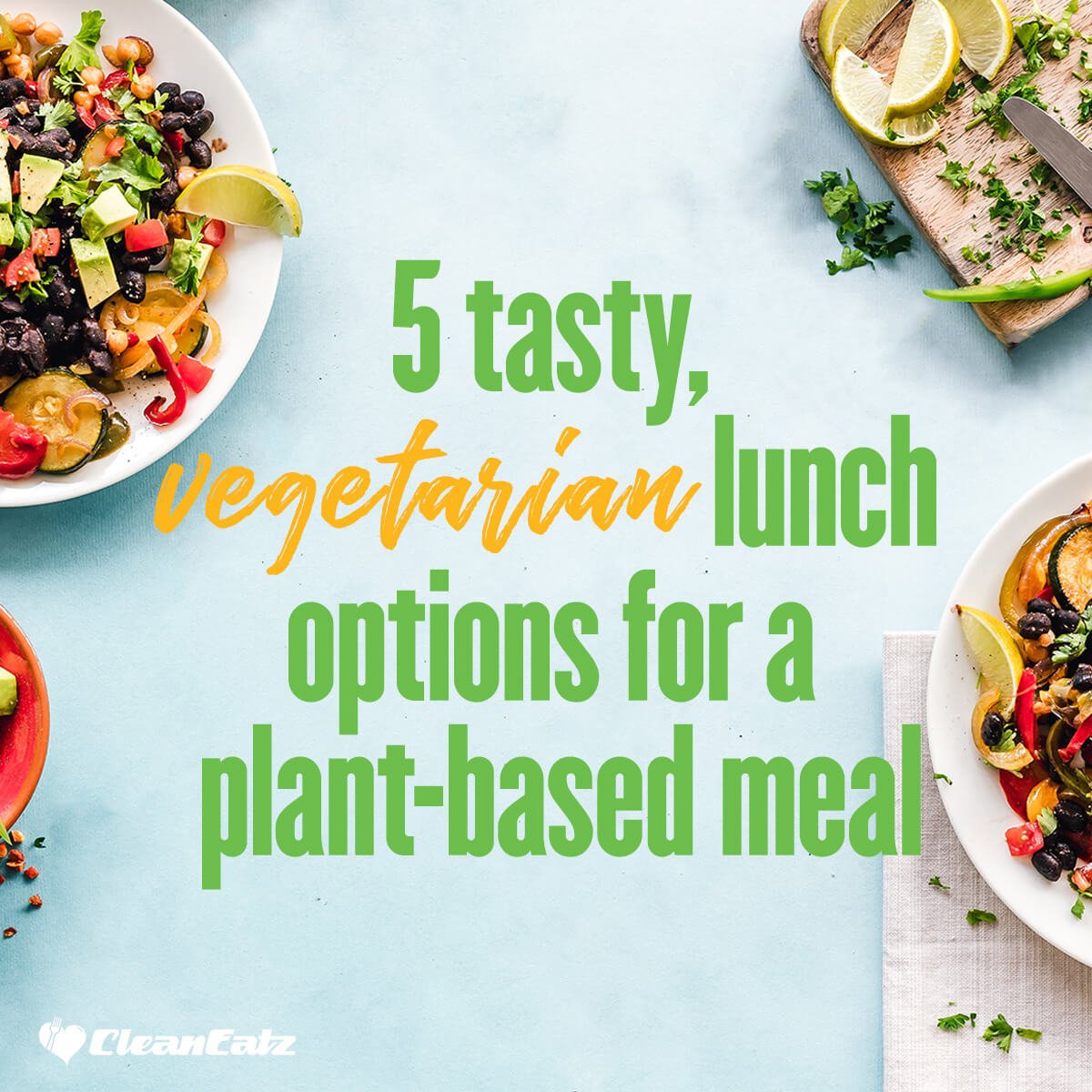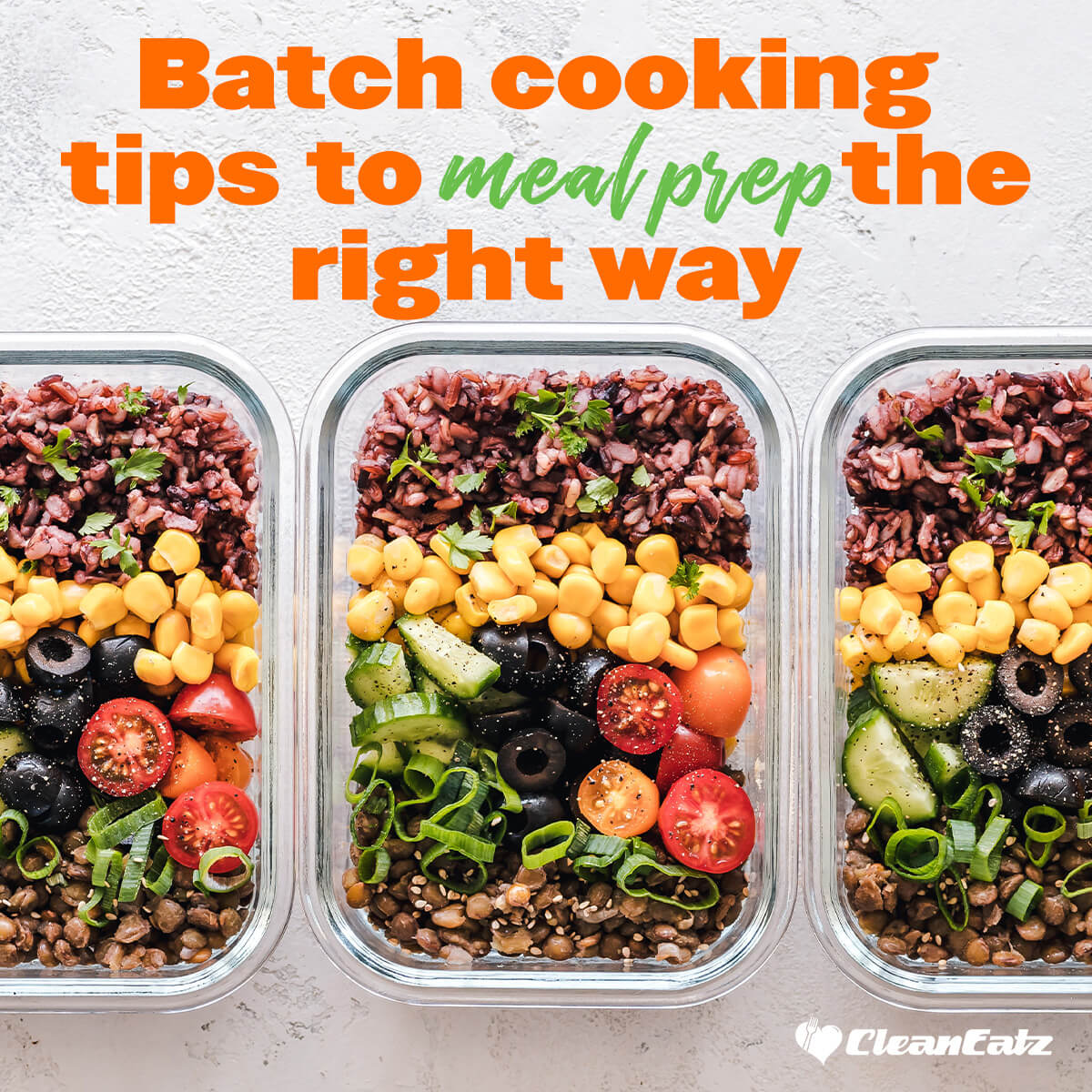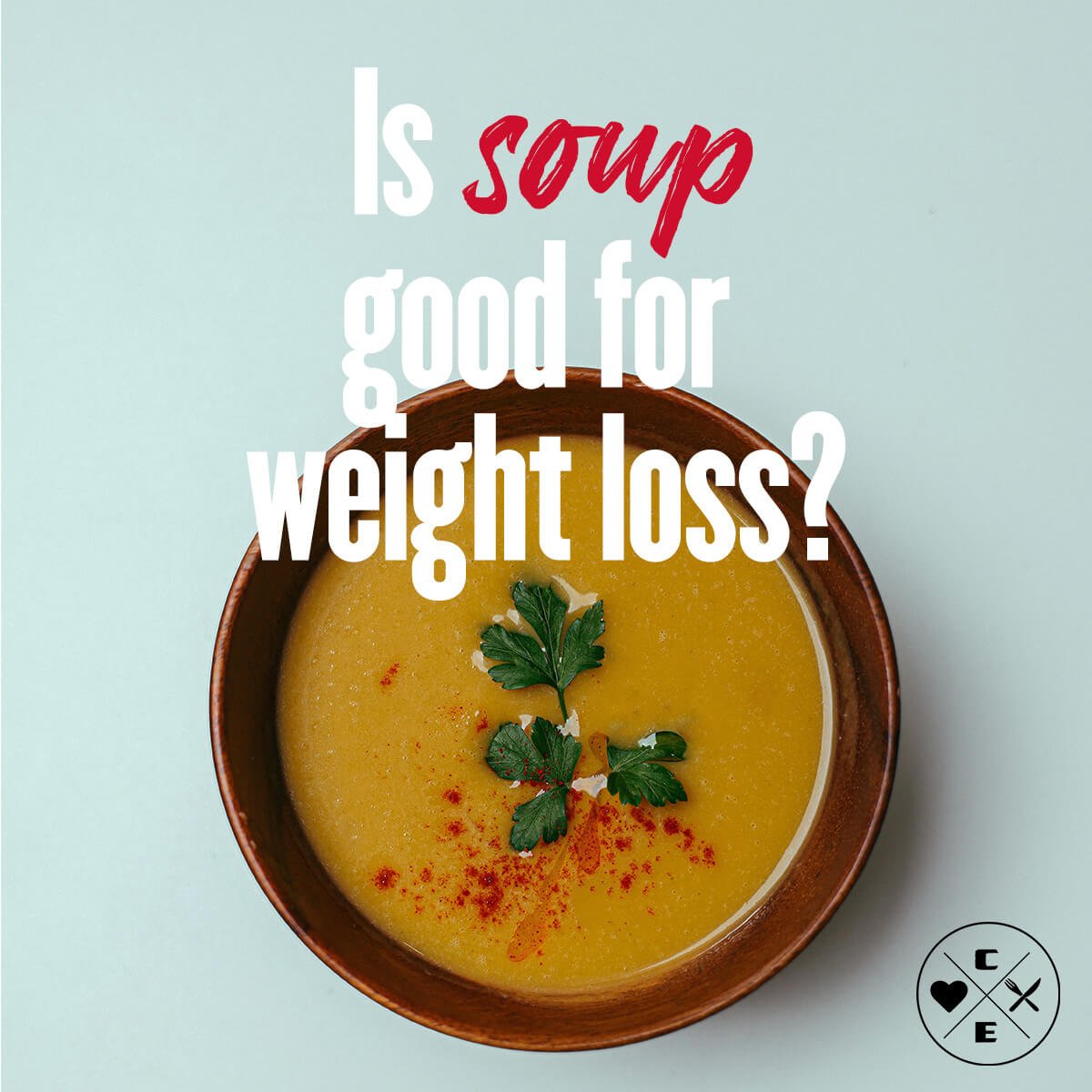
Is Cheese Good For Weight Loss?
Jason Nista
Nutrition
|
Weight Loss
12 minute read
Cheese is a delicious and versatile food that's enjoyed by many people worldwide. However, it's often associated with being high in fat and calories, which may make some people wonder if it's a good food choice for weight loss. In this article, we'll explore whether is cheese good for weight loss, including the benefits and drawbacks of eating cheese when trying to lose weight.
What is Cheese?
Cheese is a beloved food that's been enjoyed for centuries around the world. It's a versatile ingredient that can be used in various dishes, from sandwiches to pizzas to casseroles. But what exactly is cheese, and where did it come from?
The History of Cheese
Cheese is a dairy product that's made by curdling milk and separating it into solids (curds) and liquids (whey). The curds are then pressed and aged to create a wide variety of cheese types with different textures, flavors, and characteristics.
The exact origins of cheese are not clear. Still, it's believed to have been discovered accidentally by early humans who stored milk in animal stomachs or other containers that contained rennet (an enzyme that causes milk to curdle). Over time, cheese-making became a widespread practice in many cultures, with different regions and countries developing their own unique cheese varieties.
Types of Cheese
Countless types of cheese are available, each with its own flavor profile and texture. Here are some of the most common types of cheese:
- Soft Cheese: These cheeses have a soft, spreadable texture and are often mild in flavor. Examples include Brie, Camembert, and ricotta.
- Hard Cheese: These cheeses are dense and have a hard texture. They are often aged for more extended periods and have a more intense flavor. Examples include Cheddar, Parmesan, and Gouda.
- Aged Cheese: These cheeses are aged for extended periods, which gives them a more complex and intense flavor. Examples include blue cheese, feta, and aged Gouda.
- Fresh Cheese: These cheeses are not aged and are often very mild in flavor. Examples include cottage cheese, queso fresco, and mozzarella.
- Processed Cheese: These cheeses are made by combining natural cheese with other ingredients like emulsifiers, salt, and milk solids. They are often used in processed foods like cheese slices and cheese spreads.
Which Types of Cheese Are Best for Weight Loss?
So, is there such a thing as healthy cheese? Absolutely! Believe it or not, there are several types of cheese that you can enjoy while still losing weight.
Here are some of the best cheeses to include in your weight-loss meal plan:
- Reduced-fat sharp cheddar cheese: Whether you're making a quesadilla or grilled cheese sandwich, this cheddar is a delicious way to get some protein and fiber while cutting down on calories.
- Fresh mozzarella: This cheese is a great source of protein and calcium, with just 6 grams of fat per ounce. Try adding some fresh mozzarella to your salad for flavor and texture.
- Feta cheese: Not only does feta have half the fat of traditional cheeses, but it also has calcium and phosphorus—both important minerals for building strong bones and keeping your metabolism running smoothly.
So next time you’re browsing through the dairy section of your grocery store, remember that it pays to pick lower-fat options such as those listed above—your waistline will thank you!
What Other Nutrients Does Cheese Have to Offer?
When you think of cheese, you probably don't think of weight loss—but did you know that cheese is a nutrient powerhouse? It provides key nutrients like protein, phosphorus, calcium, and zinc. Also, it's loaded with vitamins A and B12.
But it doesn't stop there. Cheese is also a good source of healthy fats known as "medium-chain fatty acids" (MCFA), which can help boost your metabolism and aid in weight loss. One study even found that adding just 25 grams of MCFAs to breakfast can reduce hunger by up to 50 percent over the course of the day.
Cheese also contains conjugated linoleic acid (CLA), which is an antioxidant that helps reduce body fat. And for those who are lactose intolerant, there are plenty of cheese options out there like Monterey Jack, Gouda, and Emmental that are naturally low in lactose, making them easier to digest.
So when it comes to weight loss and nutrition, cheese really does have something to offer—and you don't have to give it up entirely either! With its many nutritional benefits and low-calorie count, cheese can be part of a healthy diet when consumed in moderation.
The Benefits of Cheese for Weight Loss
When it comes to weight loss, cheese may not be the first food that comes to mind. It's often associated with being high in calories and fat, and many people believe that it should be avoided when trying to lose weight. However, when consumed in moderation, cheese can be a beneficial addition to a weight-loss diet. In this section, we'll explore the benefits of cheese for weight loss, including its role as a source of protein and calcium, a way to add flavor to meals, and a satisfying and filling food.
Cheese as a source of protein and calcium
Cheese is a great source of protein, which is essential for weight loss because it helps to build and maintain muscle mass. Protein is also more filling than carbohydrates or fat, which can help to reduce overall calorie intake. In addition to protein, cheese is also a good dairy source of calcium, which is important for bone health. Studies have shown that a high-calcium diet can also help to promote weight loss, as calcium is thought to help regulate fat metabolism.
Cheese as a way to add flavor to meals
One of the challenges of a weight loss diet is finding ways to make healthy foods taste delicious. Cheese can be a great solution to this problem, as it adds flavor and richness to many dishes. By using small amounts of flavorful cheese, you can create satisfying meals that are still low in calories.
Cheese as a satisfying and filling food
Cheese is a dense and rich food that can be very satisfying and filling. This means that even a small amount of cheese can help to keep you feeling full and satisfied for longer, which can help to reduce overall calorie intake. In fact, studies have shown that consuming dairy products like cheese can help to promote feelings of fullness and reduce calorie intake in subsequent meals.
The Drawbacks of Cheese for Weight Loss
While cheese can be a beneficial addition to a weight loss diet, it's essential to keep in mind that there are also some potential drawbacks to consuming cheese. In this section, we'll explore some of the reasons why cheese may not be the best choice for weight loss, including its high-calorie content, its contribution to saturated fat intake, and its potential to cause allergic reactions.
Cheese as a high-calorie food
One of the biggest drawbacks of cheese for weight loss is its high-calorie content. Cheese is a dense and rich food that can be very calorie-dense, especially when consumed in large quantities. This means it's easy to consume a lot of calories from cheese without even realizing it, making it challenging to maintain a calorie deficit.
Cheese as a source of saturated fat
Cheese is also a significant source of saturated fat, contributing to weight gain and other health problems like heart disease. While some types of cheese are lower in fat than others, many popular varieties, like Cheddar and Brie, are relatively high in saturated fat.
Cheese as a potential allergen
Finally, it's important to note that cheese can be a potential allergen for some people. Consuming cheese could lead to allergic reactions like hives, itching, and difficulty breathing. In some cases, cheese allergies can be severe and even life-threatening.
How to Incorporate Cheese into a Weight Loss Diet
Incorporating cheese into a weight loss diet can be challenging, given its high-calorie content and potential to contribute to weight gain. However, with some strategic planning and smart choices, it's possible to enjoy cheese while still working towards your weight loss goals. In this section, we'll explore some strategies for incorporating cheese into a weight loss diet, including choosing low-fat and reduced-fat options, using cheese as a flavor enhancer, and pairing cheese with healthy foods like fruits and vegetables.
Choosing low-fat and reduced-fat cheese options
One way to incorporate cheese into a weight loss diet is to choose low-fat and reduced-fat cheese options. These cheeses are lower in calories and fat than their full-fat counterparts, making them a better choice for weight loss. Examples of low-fat and reduced-fat cheeses include part-skim mozzarella, reduced-fat Cheddar, and fat-free cream cheese.
Using cheese as a flavor enhancer rather than a central component of a meal
Another strategy for incorporating cheese into a weight loss diet is to use it as a flavor enhancer rather than a main component of a meal. Small amounts of flavorful cheese can add richness and depth to dishes without consuming too many calories. For example, you could sprinkle a small amount of grated Parmesan on top of a salad or use a small amount of crumbled feta to add flavor to roasted vegetables.
Pairing cheese with healthy foods like fruits and vegetables
Finally, you can incorporate cheese into a weight-loss diet by pairing it with healthy foods like fruits and vegetables. This can help balance the cheese's calorie content while adding essential nutrients to your diet. For example, you could pair a small amount of low-fat cheese with sliced apples or pears or use cheese to top a salad or roasted vegetable dish.
Cheese can be a satisfying and nutritious food that can be enjoyed as part of a healthy and balanced diet for weight loss. While cheese can be high in calories and saturated fat, many lower-fat and reduced-fat options can be used in moderation to add flavor and nutrition to meals. It's also important to pair cheese with other healthy foods like fruits and vegetables to balance out its calorie content and increase nutrient intake.
If you're looking for more support in achieving your weight loss goals, consider trying Clean Eatz Kitchen. Clean Eatz Kitchen is a meal delivery service that offers a wide variety of healthy and delicious meal plans, including options that are low in calories, fat, and sodium. Their meals are made with fresh, whole ingredients and are designed to help you reach your weight loss and health goals. With Clean Eatz Kitchen, you can enjoy delicious and nutritious meals without the hassle of cooking or meal planning. Check out how Clean Eatz meal delivery service works to learn more and start your journey towards a healthier lifestyle today!
How Much Cheese Should You Eat for Weight Loss?
When it comes to incorporating cheese into your diet to help you lose weight, moderation is key. Studies have shown that when adults ate one and a half ounces of cheese daily as part of a reduced-calorie diet, they lost significantly more weight than adults who didn’t include cheese in their diets.
But why did this happen? Here are some ideas:
Cheese is Nutrient Dense
Cheese packs a lot of nutrition into a small package. It’s high in protein and calcium, as well as other micronutrients like zinc and phosphorus, which help support healthy bones and muscles. Eating moderate amounts of high-quality cheese can keep your energy up and help you feel full for longer periods of time.
Cheese Can Help Balance Out Macronutrients
Consuming adequate amounts of all three macronutrients–protein, fat, and carbohydrates–facilitates weight loss. Cheese can be an excellent source of protein, healthy fat, and even carbohydrates if you pick varieties made with whole milk.
Cheese Is Low on the Glycemic Index
Choosing low-glycemic index foods means you won’t experience the same spikes in blood sugar levels that come with eating higher-GI foods. Eating a variety of low-GI foods can help regulate your appetite, promoting sustained weight loss over time.
So how much should you eat for weight loss? The recommended amount of cheese for healthy adults looking to lose weight is one to two ounces per day–a serving size similar to the amount used in studies on successful weight loss with cheese consumption.
Though there's not much definitive proof that eating cheese coordinates with weight loss, adding it to a healthy diet may help. Many kinds of cheese are packed with essential nutrients and protein, which can make them an ideal snack choice when combined with the right other foods.
Frequently Asked Questions
Can I eat cheese while losing weight?
Yes, you can eat cheese while losing weight, but it's important to choose lower-calorie and lower-fat options and to consume it in moderation. Cheese can be a good source of protein, calcium, and other nutrients but can also be high in calories and saturated fat.
Which is the best cheese for weight loss?
The best cheese for weight loss is typically a low-fat or reduced-fat option. Examples include part-skim mozzarella, reduced-fat Cheddar, and fat-free cream cheese. These cheeses are lower in calories and fat than their full-fat counterparts, making them a better choice for weight loss.
Is cheese good for burning belly fat?
While cheese can be a nutritious addition to a weight loss diet, no scientific evidence suggests that it specifically targets belly fat. The key to losing belly fat is to consume fewer calories than you burn through exercise and daily activities.
How much cheese should I eat a day to lose weight?
The amount of cheese you should eat a day to lose weight depends on your individual calorie needs and weight loss goals. However, as a general rule, consuming cheese in moderation is recommended, limiting portion sizes to no more than an ounce or two per serving. This can help to reduce overall calorie intake and promote weight loss.
Related Articles
5 tasty, vegetarian lunch options for a plant-based meal
6 minute read
What is Batch Cooking? Benefits of Batch Cooking
9 minute read
Is Soup Good For Weight Loss?
11 minute read



